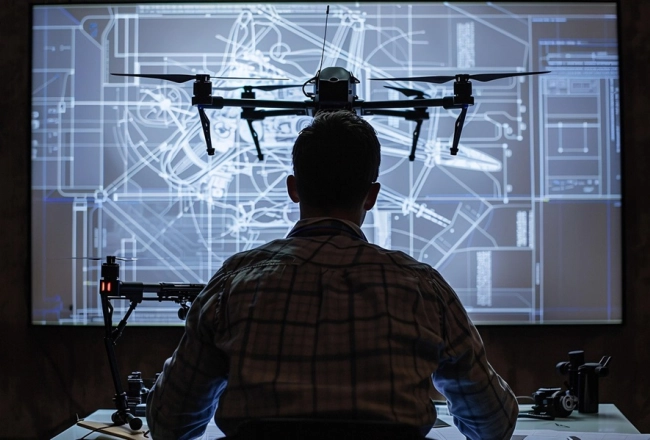28.05.2025
Being Prepared for Crisis Without Sacrificing Quality of Life

Psychiatrist and psychotherapist Artūrs Utināns shares his perspective on how to stay calm in moments of crisis. The discussion addresses practical concerns: what a well-equipped home medicine cabinet should contain, how to manage daily resources, how to talk to children and the elderly about safety, how to maintain individual preparedness without diminishing quality of life — and how communities can become a source of support when it is needed most.
“The word crisis sounds frightening,” says Sandra Zilberta, “but as specialists point out, the impact of different types of crises tends to be quite similar. That’s not to say we’ll be able to predict exactly what will happen in each specific case.”
“It would be valuable to have open conversations within families, close circles, or communities about the possibility of different types of crises,” she continues. “People who live in flood-prone areas have often already had these conversations. For the rest of us, now is a suitable moment to calmly reflect on what kinds of crises could affect us — and how we would act if we lost access to electricity, fuel, or communications. What resources do we have, and how would we use them?”
“In truth, I wouldn’t say it requires special skills. Even in the ‘fifth season’ — that is, any crisis — life goes on, and the state will do its part to provide help. But it is important to be able to endure the first 72 hours, or even a full week. That is a very realistic time frame, and it’s something we should talk about ahead of time. My recommendation is to plan for seven days of resilience — that gives people greater clarity, a sense of security, and peace of mind.”
Andrejs Petrovs has firsthand experience from Ukraine, where he volunteered with the Red Cross.
“When I went to Kherson in 2023, I had no experience and no real understanding of what was happening there. I went as a volunteer simply to learn how Ukrainians were living,” Petrovs recalls. “There were shellings every day. I was fortunate — I arrived after the sniper fire, mortar shelling, and tank attacks. But I suddenly realized I was standing still and didn’t know what to do.”
“Luckily, I had people next to me who had experience. They told me when to move, when to drop to the ground, when to go to a shelter. Their knowledge and preparedness may have saved my life. That’s why I believe that everyone must prepare for crisis — because it makes all the difference in how we cope. We can learn from Ukraine’s experience and apply it here. When our crisis moment arrives, we’ll be ready — and we’ll endure it with more calm.”
Sandra Zilberta also encourages everyone to participate in the upcoming municipal elections in June, and to support candidates who have already proven their ability to manage crises — whether during the influx of refugees in 2022 following the outbreak of war in Ukraine, or in navigating the challenges of the COVID-19 pandemic.



